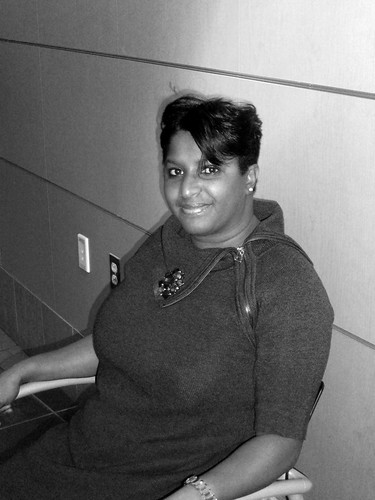
Shelli Pennick offeres her views on Philadelphia’s high murder rate and how to combat it.
In the New Year, the city of Philadelphia experienced 25 murders. Including the death of 2010 alumnus, Kevin Kless, who was beaten to death on the steps of the Second Bank of the United States in the Old City section of Philadelphia on Jan. 14.
The perpetrators responsible for the act are in custody as of Friday, Jan. 20.
Shelli Pennick, a 1994 alumna, has lived in Philadelphia all her life. Pennick is a licensed funeral director at Pennick Funeral Homes.
“I am often saddened when I have to provide services for young people,” Pennick said. “As long as I have been doing this there is never a time when I feel comfortable because parents should not be burying their children, children should be burying their parents. That’s just the natural order of life.”
Pennick believes that the stop snitching culture plaguing Philadelphia is dangerous, adding how such a thing did not exist when she was growing up in the city. Primarily because drug use, drug dealing and violent crime were not as rampant as they are today.
“We live in a culture where it is OK to commit violent crimes,” Pennick said. “It is very scary when you live in a city where violent crime is common place and nonchalant in some conversations.”
People are definitely afraid to tell because they are afraid of repercussions and retaliation,” Pennick added. “But I think as parents and society as a whole, we have to create a new culture where people feel safe to report crime.”
The first 15 days of killing for the city have been the highest since 2007. Prior to the death of Kless, a 30-year old stepfather gunned down three young teenagers in the Juniata section of the city.
“I think that the reality of people is jaded,” Pennick said. “Violence is entertainment. I think it translates over to real life, unfortunately. To address this issue I think we need to put emphasis on education and job training.”
“Many of the young people that are committing and are involved in crimes are kids that dropped out of school,” Pennick added. “We need to find out why they are dropping out and put resources together to get them to stay in school, along with job training.”
Dominique Johnson can be reached at dominique.johnson@temple.edu.



Be the first to comment